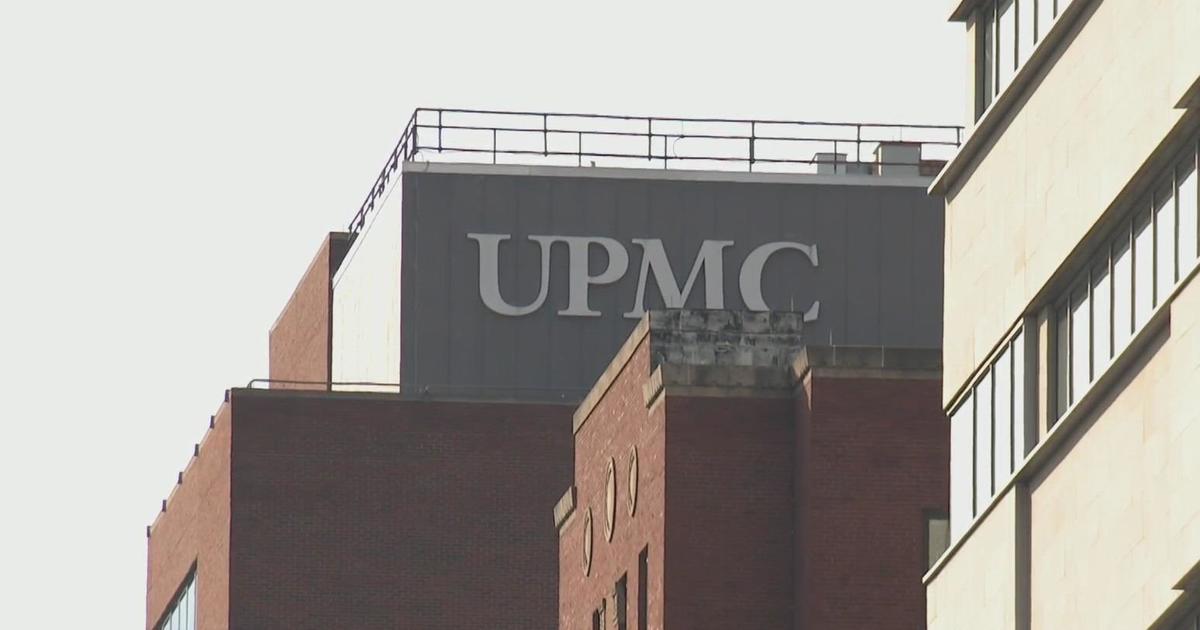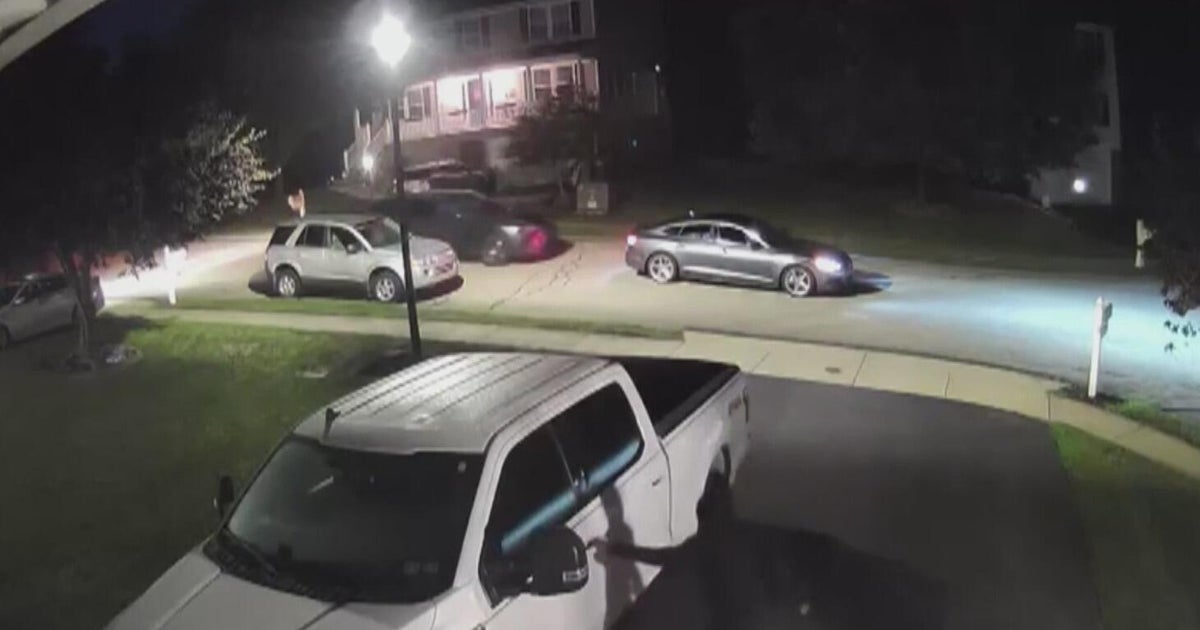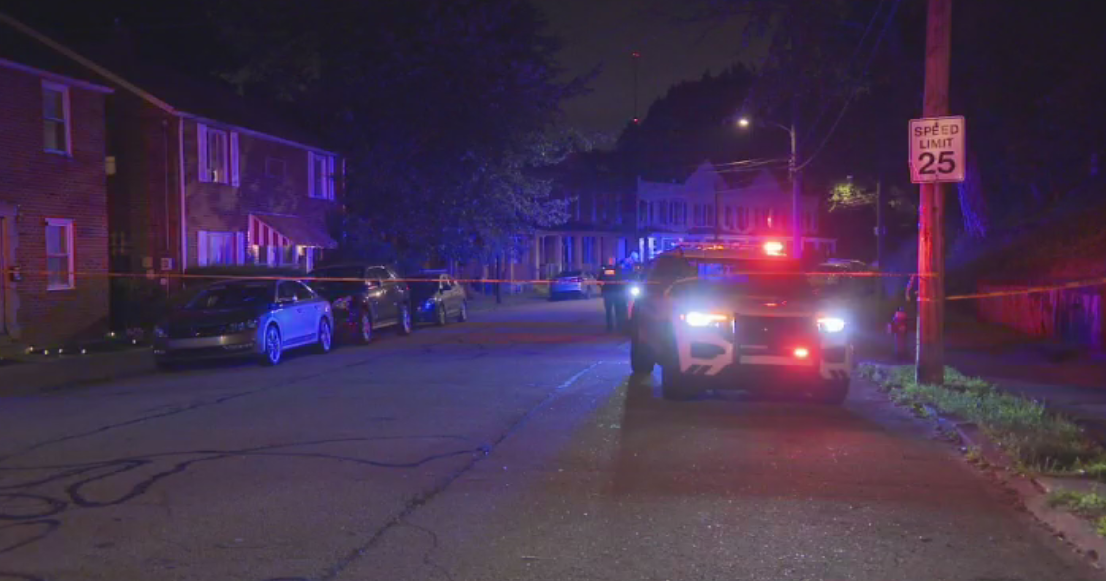3D Printing Providing Surgeons With Valuable Pre-Operation Information
Follow KDKA-TV: Facebook | Twitter
PITTSBURGH (KDKA) - Cutting-edge technology is making surgeries safer for patients and easier for doctors.
Four-year-old Charlee Matvya was facing surgery for tumors on both kidneys.
Her parents found it helpful to be able to see and touch what the surgeons will be dealing with beforehand.
"Just looking at the scans on the computer screen from the other doctors was just kind of hard to see and tell what you're looking at. But, this really brought it into perspective," says Charlee's mother, Stacey Matvya. "I did hold it, looked at both sides, on the one side that was the worst, the left, you could see how it was very intertwined still into all the blood vessels."
Her surgeon used 3D printing to create a model of Charlee's kidneys and tumors to help her and the family prepare.
"To preoperatively explain the risks and benefits, and like what we really felt was going to have to be done," CHP pediatric surgeon, Dr. Kelly Austin said. "It changed my intraoperative decision making. It gave me a way to plan the operation, and to understand the best way to go about it."
To make a 3D body part, special CT scans are done first.
The images are processed and sent to a printer, which makes the model one layer at a time. But, it's not ink on paper.
"We chose the material based on the expectation of the surgeon, or the end user, whoever that is, and print it in different types of resins, we call it. It can be clear resin, it could be a white resin, or some different type of colored or even flexible resin," said CHP pediatric radiologist Dr. Darshit Thakrar.
The printing can take 10 to 25 hours.
The finished model can be painted to highlight different parts of the anatomy.
"So any patient who gets a CT scan who is undergoing surgery should get a model," Dr. Thakrar said.
This new frontier requires a lot of time and resources. Insurance doesn't cover this, but the patient isn't charged for it either.
"We feel this is a great example of like a personalized patient care," said Dr. Thakrar.
Charlee's mom feels like they got care designed just for them.
"They said it was something they were just starting to do. And the doctor said it helped her a lot. Even made me feel a little more comfortable," Stacey said. "I hope that they continue to do it. Because in the long run, it will, like I said, it helped her, the surgeon. And I hope it will help other people too."



